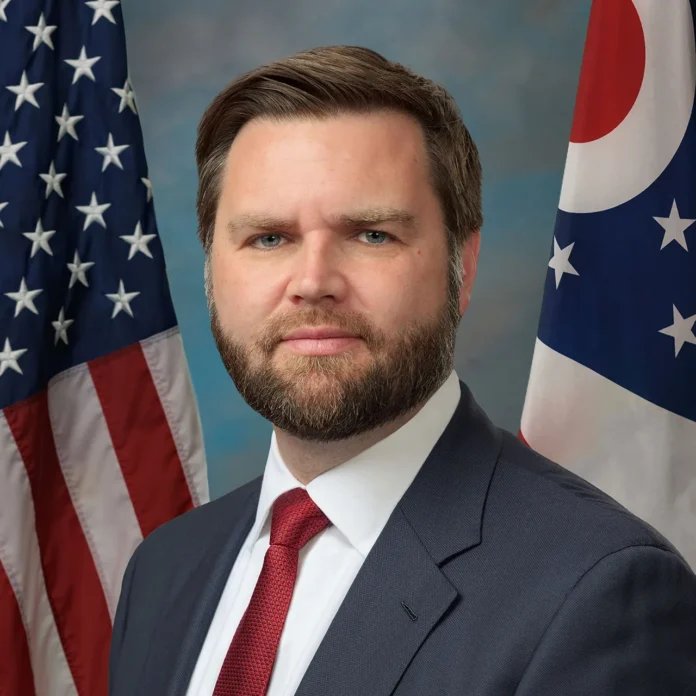President Donald Trump plans to invoke Insurrection Act to curb surging crime in major U.S. cities while celebrating a Gaza ceasefire. His simultaneous focus on internal security and global diplomacy signals an assertive new phase of his second term.
Vice President J.D. Vance confirmed that the administration is actively considering the Insurrection Act of 1807. The law would let the president deploy U.S. troops to restore order during unrest. Trump already met security advisers to finalize the framework. Meanwhile, he flew to Jerusalem, announcing, “The war is over,” after his administration brokered a ceasefire between Israel and Hamas. His decision to possibly invoke Insurrection Act highlights his push to project strength at home and abroad.
Rising crime and political division drive this policy shift. Urban areas across America report spikes in violent incidents, prompting Trump’s allies to demand federal intervention. Many Republican leaders argue that local authorities failed to manage the situation. Trump now frames the act as essential to protect public safety.
In the Middle East, his peace deal drew global attention and cautious optimism. Hamas released seven Israeli hostages under the agreement, while Israel agreed to free roughly 2,000 Palestinian detainees. The exchange marked the first significant breakthrough in the conflict in months, and Trump hopes to build on that momentum.
The administration faces other challenges. Trump recently threatened 100 percent tariffs on Chinese imports, prompting Beijing to warn of retaliation. Domestically, officials are reviewing a plan to sell parts of the federal student-loan portfolio to private investors. Critics claim this could burden borrowers and weaken public oversight.
Supporters of Trump’s approach, including Salvadoran President Nayib Bukele, endorse his stance against what they describe as “overreaching judges.” Border agents have also intensified immigration enforcement in major cities, extending federal influence deeper into local jurisdictions.
Opposition emerged quickly in Washington. Democratic lawmakers warned that invoking the Insurrection Act would violate constitutional checks and spark court battles. Civil rights groups argued that military deployment on U.S. soil threatens democracy. A federal judge in Illinois already blocked National Guard involvement without warrants, setting an early legal limit.
Despite criticism, Trump continues to defend his plan. A senior adviser stated that local police “cannot manage the current level of unrest.” Trump also told supporters that those who oppose troop deployment “don’t care about safety.” His remarks signal a readiness to push forward, regardless of backlash.
On the diplomatic front, Trump announced plans to co-host a Gaza peace summit in Egypt with President Abdel Fattah al-Sisi. He intends to address Israel’s parliament to celebrate what he calls a “new era of peace.” Analysts describe the move as both strategic and symbolic, aiming to strengthen his global standing.
Observers now watch whether Trump will officially invoke Insurrection Act in the coming days. State governors, Congress, and the courts are preparing for potential confrontation. Internationally, leaders wait to see if the Gaza ceasefire will hold or unravel under regional pressures.
Trump’s next steps could redefine how federal authority shapes domestic security and foreign diplomacy. His actions may set a lasting precedent for presidential power and conflict resolution.
For more political updates, visit DC Brief.


